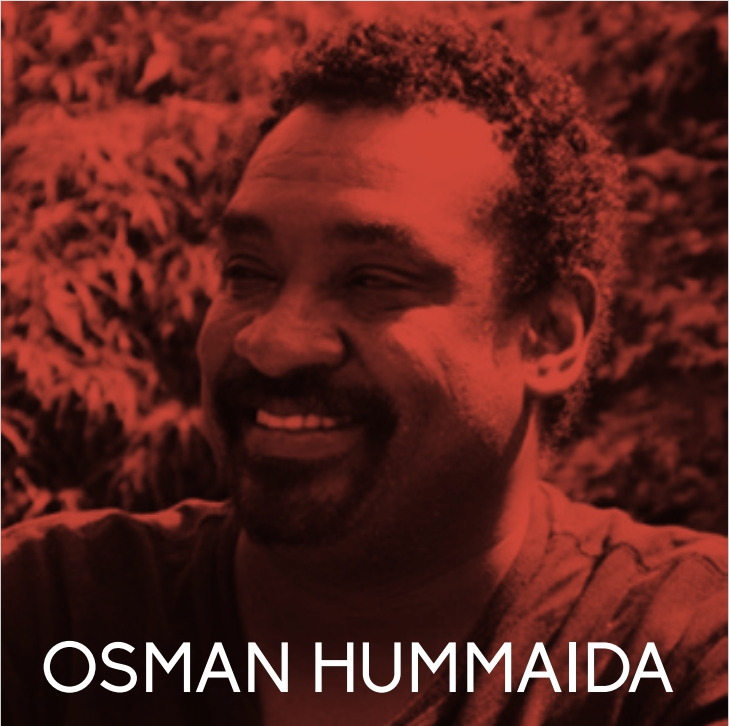Your Excellency,
The undersigned nongovernmental organizations (NGOs) are writing to express our deep concerns regarding the amendments proposed by South Africa on behalf of the “like-minded group” of States{{1}} during the ongoing negotiation and drafting of a resolution on the promotion and protection of human rights in the context of peaceful protests. We urge your delegation to support the Council’s engagement to protect human rights in the context of protests and reject these proposed amendments, as they would lower even the minimum normative and protective elements contained in the resolution.{{2}}
Many of the fundamental rights currently enjoyed across the world were obtained after generations before us engaged in sustained protests in the streets. For this reason, the response of the Human rights Council (the Council) to human rights abuses committed against protesters, through the adoption of a resolution on this issue last year, was timely. We believe that the resolution tabled at this 25th session of the Council is of vital importance given the ongoing incidence of multiple violations still committed in the context of protests.
We are concerned that the proposed amendments:
- Would omit the request to develop clear and concrete parameters for States to facilitate and protect peaceful protests, in collaboration with experts already mandated by the Council. Given that States and other stakeholders have already been consulted on various occasions regarding best practices around this issue,{{3}} we believe it is fundamental and opportune that this present resolution allows this process to evolve into concrete guidelines to assist States in complying with their international obligations without further delay.
- Would add a reference to the UN General Assembly Declaration on Principles of International Law concerning Friendly Relations and Co-operation among States, whose provisions are not clearly related to the protection of protesters’ human rights. Particularly given the reaffirmation of the purposes and principles of the Charter of the United Nations already included in the resolution, this amendment will not bring added value to the document. On the contrary, we believe this reference could serve to weaken the spirit of the text by overly portraying protests as not being driven by local constituencies.
- Propose language regarding the possible threat of protests to the stability of the State, which is both inconsistent with existing international human rights law and open to subjective interpretation, therefore undermining the protection of protesters’ human rights, which the resolution aims to ensure. The proposed amendment, which also refers to national security, is furthermore unnecessary given that possible restrictions to protests, in line with international law, are already referred to earlier in the resolution. On the contrary, protests play a critical role in contributing to progress on human rights, development, good governance and the rule of law, particularly in repressive and authoritarian States.
- Propose additional language on the responsibilities of protesters, which are worded to deflect from the responsibility of States to protect individuals from human rights violations. This addition is further unnecessary given that the responsibilities of individuals are recalled elsewhere in the resolution.
- Suggest language that confuses the message that international human rights standards ought to underpin national legislation and policies, including those regarding the management of protests.
We believe that the proposed amendments run counter to the spirit and purpose of this crucial resolution. The fact that they are supported by States, some of whom have recent histories of human rights violations in the context of protests, only serves to further our consternation that their inclusion would weaken the resolution’s effectiveness.
We therefore urge your Government to demonstrate its commitment to human rights by rejecting these proposed amendments and supporting the passage of a strong and relevant resolution.
Yours sincerely,
Asian Forum for Human Rights and Development (FORUM-ASIA)
Cairo Institute for Human Rights Studies (CIHRS)
Centro de Estudios Legales y Sociales (CELS)
CIVICUS World Alliance for Citizen Participation
Commonwealth Human Rights Initiative (CHRI)
East and Horn of Africa Human Rights Defenders Project (EHAHRDP)
Human Rights House Foundation
Human Rights Institute of South Africa (HURISA)
Human Rights Watch
International Federation for Human Rights (FIDH)
International Service for Human Rights
Réseau ouest africain des défenseurs des droits humains (ROADDH/WAHRDN)
Working Group on Human Rights in India and the UN (WGHR)
[[1]] Including Algeria, Belarus, China, Cuba, Egypt, Ethiopia, India, Russian Federation, Saudi Arabia, South Africa, United Arab Emirates, Venezuela. [[1]]
[[2]]See A/HRC/RES/22/10 of 9 April 2013. [[2]]
[[3]](1) Report of the Special Rapporteur on the rights to freedom of peaceful assembly and of association, Maina Kiai, A/HRC/20/27;
(2) Effective measures and best practices to ensure the promotion and protection of human rights in the context of peaceful protests, Report of the UN High Commissioner for Human Rights, A/HRC/22/28;
(3) Seminar on effective measures and best practices to ensure the promotion and protection of human rights in the context of peaceful protests, Report of the United Nations High Commissioner for Human Rights, A/HRC/25/32. [[3]]

